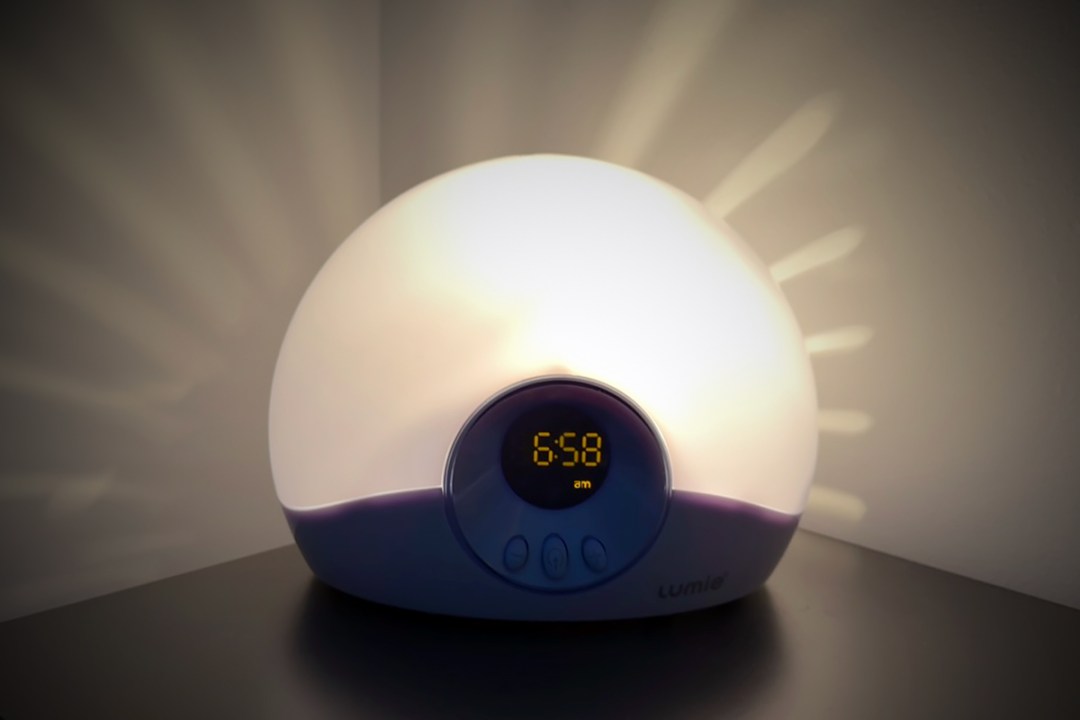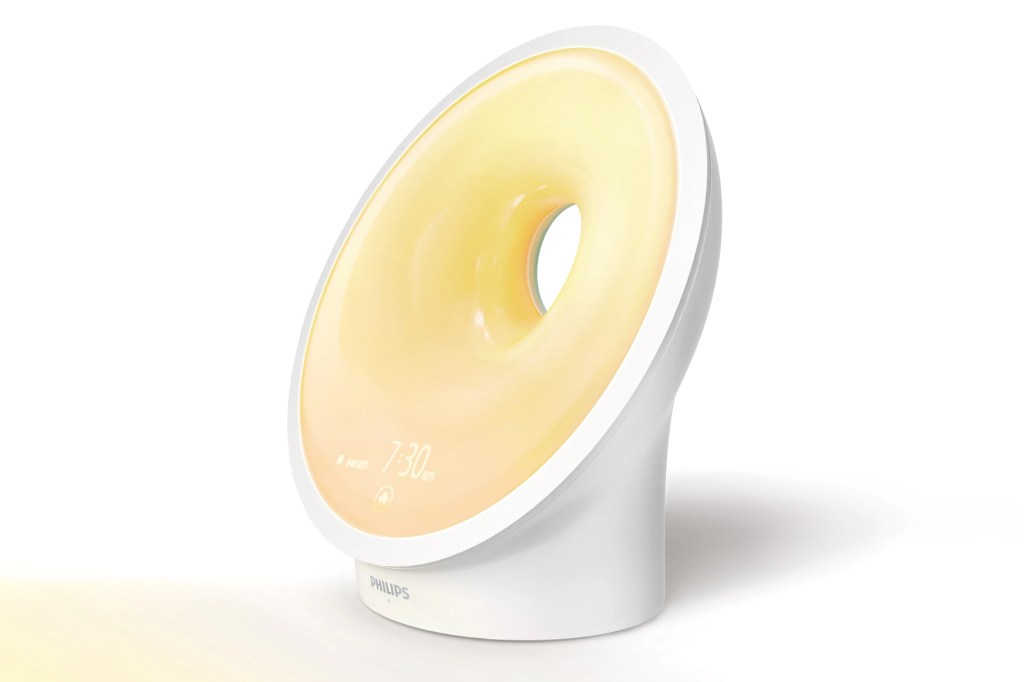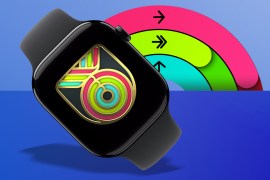Now winter’s drawing in, the gadget I most care about is a sunrise alarm clock
Waking up to daylight rather than a blaring alarm is a boon – but I wish the technology wasn’t stuck in the dark ages

I would make a terrible vampire. As the days grow shorter and the inevitable clock change looms, I turn into a glum, shuffling mess. While the rest of the country celebrates an extra hour of sleep, I mourn hours of usable daylight that are about to vanish for five long months. Which is why my current tech obsession isn’t a flashy new iPhone, a quirky handheld console or a mind-blowing headset. It’s a sunrise alarm clock. Although don’t get me wrong – it’s not exactly a love affair.
The particular sunrise alarm clock I own doesn’t quite hark from a period when people still thought digital watches were a pretty neat idea. But it’s not new. My wife gifted me my Lumie years ago – and from a functional perspective, it works.
Half an hour before I need to rise, it gradually lights up the room. Saying it simulates a sunrise would be like claiming I simulate a Grand Prix by VROOOMING a toy car across my desk. But, hey, it does the job. And it’s better than an alarm shocking me awake and leaving me groggy during those months when sun isn’t already streaming through the curtains.
Weekend blues
Except at weekends. Because whoever designed this thing – and I use the word ‘designed’ loosely – never considered the radical concept of a weekend lie-in. So on a Saturday, I have two choices. The first is to not trigger the Lumie the night before, awake in darkness, and spend the day feeling like a zombie. Even more so than usual. The other is to fiddle with the settings, battling with an interface created by someone who’d not realised actual humans need to interact with technology. It’s irritating in much the same way water is wet. Doubly so when there’s a power cut and the thing loses every single one of its settings.
So I hit upon a cunning plan: I’d upgrade my sunrise alarm clock. And I wouldn’t feel bad about this, because mine is so old it uses an incandescent light bulb that’s almost impossible to source when it goes pop. Surely, I reasoned, this technology has evolved in the intervening years? I imagined it being so advanced I’d merely have to think about an extra half hour in bed and it would instantly reconfigure the virtual sunrise while plotting with kitchen appliances to make my favourite breakfast the next morning. Apparently not.
False dawn

What I discovered is – with some irony – this niche corner of tech appears to be stuck in the dark ages. Interfaces barely more forgiving than a 1980s calculator prevail. I scoured pages about the latest sunrise alarms. Lumie’s remain effective, but you need a mid-range option before you gain more than a single alarm. In 2024. As for tech integration, forget it, bar Bluetooth on the most expensive models.
Lumie isn’t alone. The Philips range is in a similar space, albeit with designs that eschew Lumie’s ‘half an orb’ vibe and instead go for ‘bulb that has toppled over’. Except for a ‘SmartSleep’ that’s midway between art installation, British confectionery and fetish object. Elsewhere, a few brands have a foot in the app space, promising granular control. But customer reviews scream as one that the apps never work properly, rendering the lamps even less user-friendly than everything I’ve already mentioned.
I’ll stick with my existing sunrise alarm, then, and hope it survives another winter. Although maybe I should gather all the current options for a Stuff group test and, with my penchant for daylight, set them all off at once. The light show would be so intense the neighbours would think a miniature sun had exploded in my bedroom. But at least I’d feel fantastic at 7:15am.



